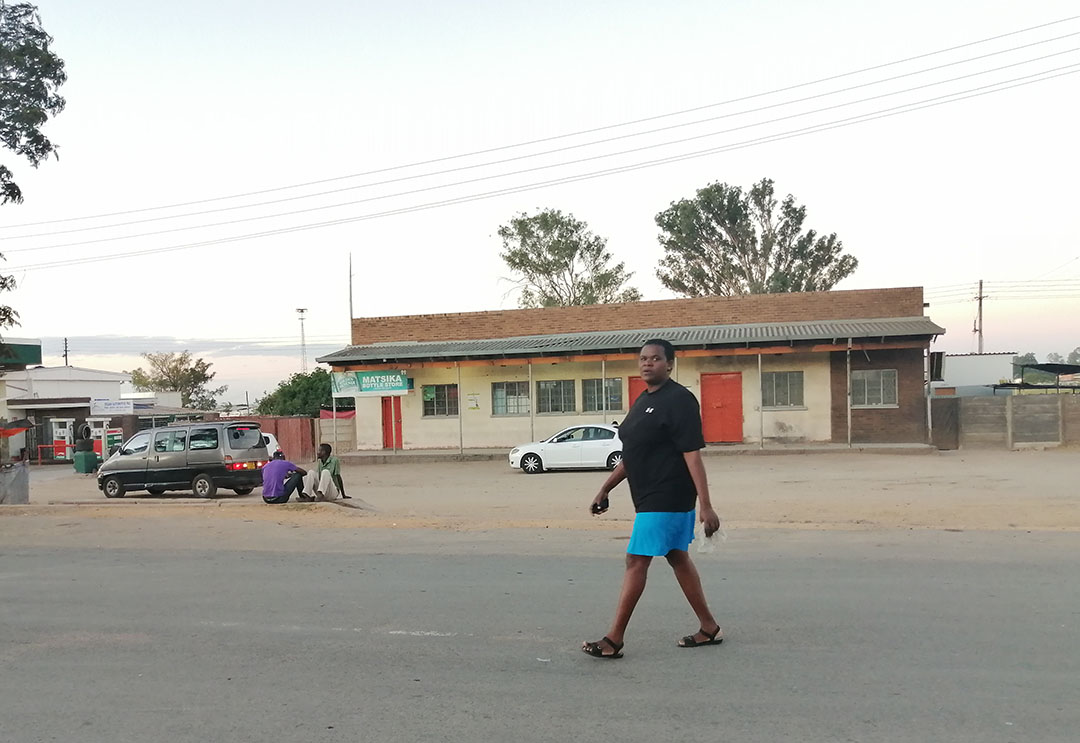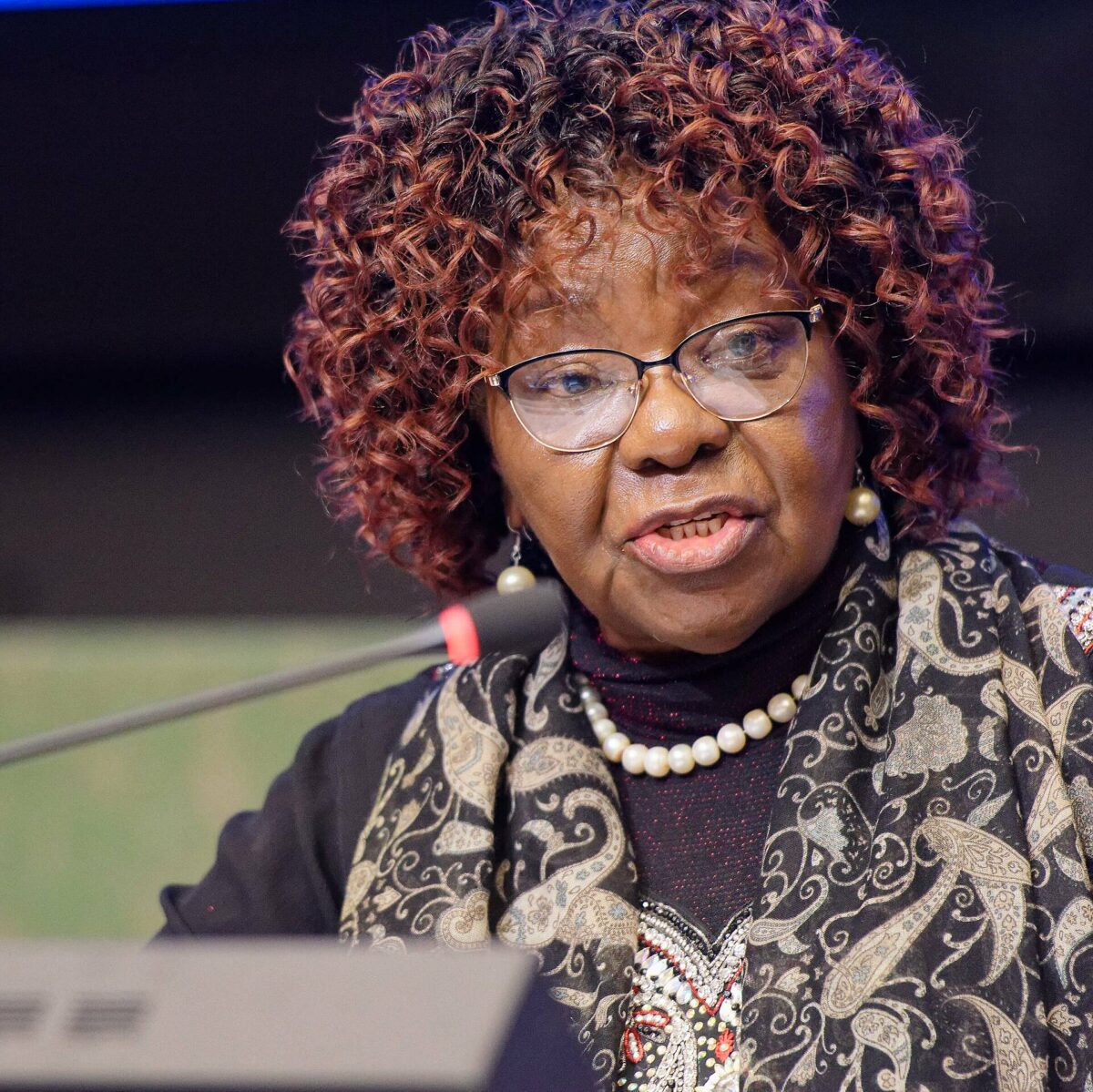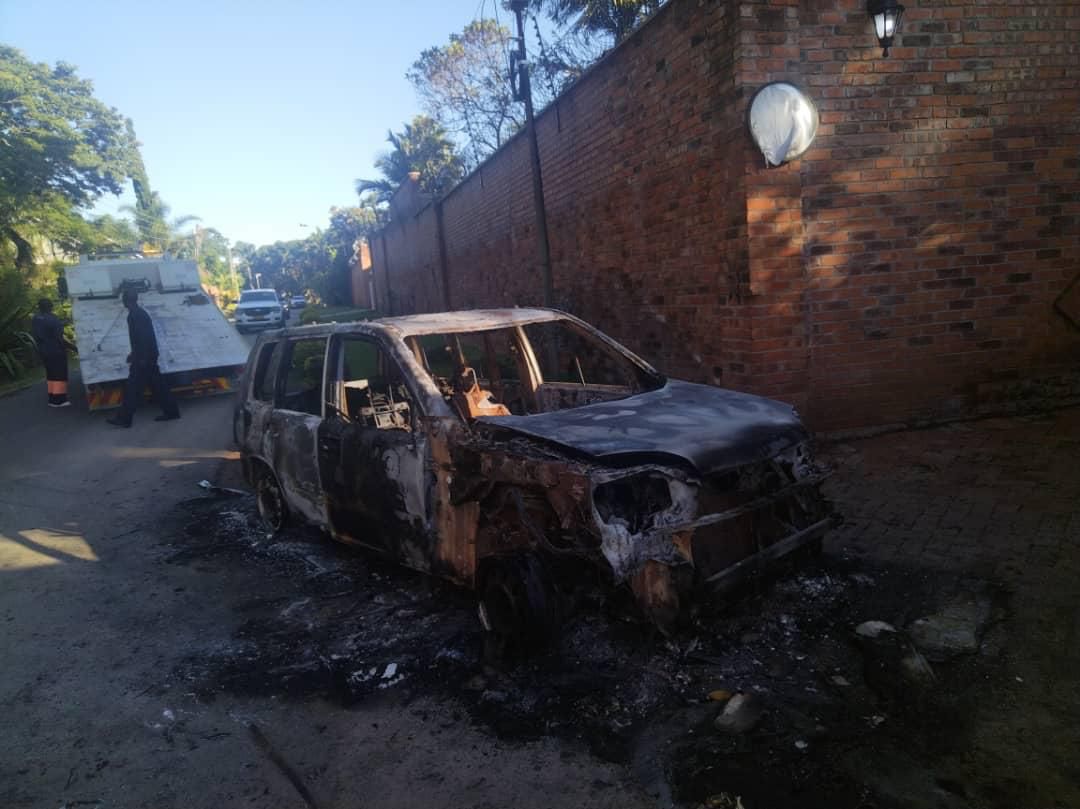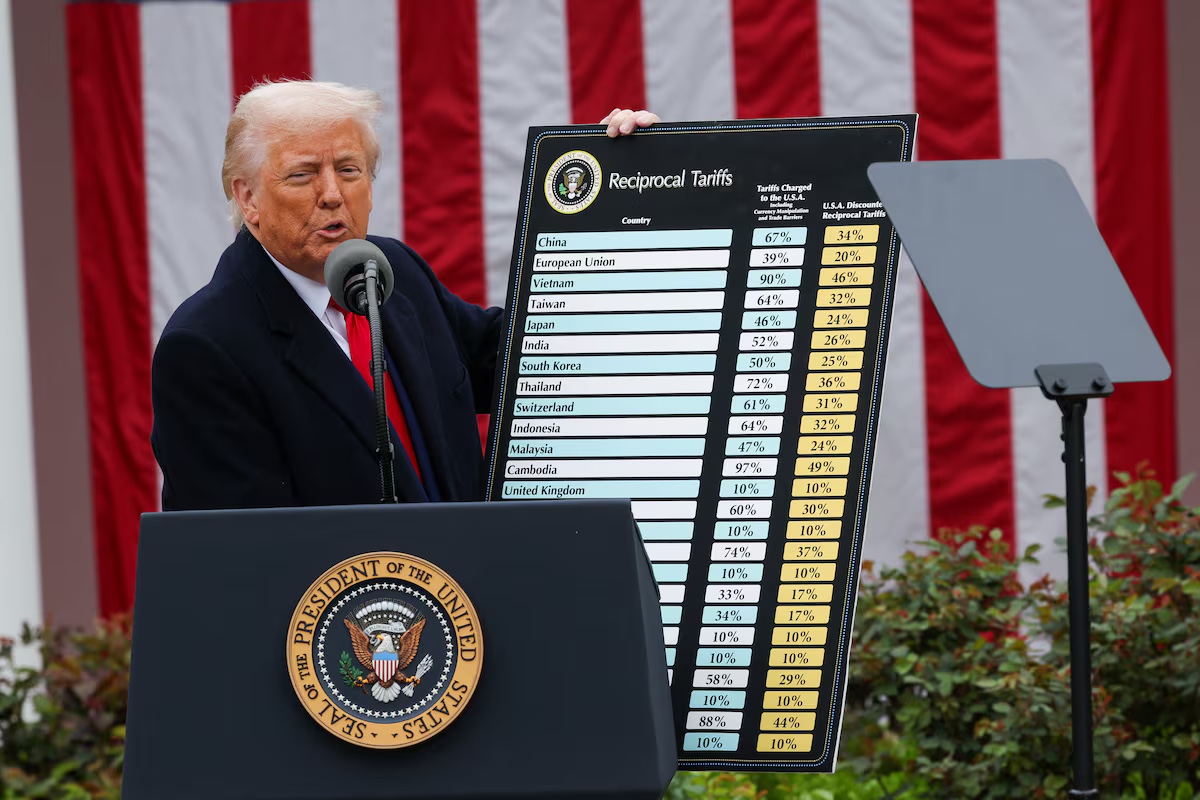HARARE – President Emmerson Mnangagwa on Sunday extended a Covid-19 lockdown by a further 14 days after warning that Zimbabwe, which has 25 reported coronavirus cases, was not out of the woods.
Mnangagwa initially imposed a 21-day lockdown on March 30, joining neighbours South Africa, Namibia and Botswana in an international scramble to contain the spread of Covid-19, the respiratory illness caused by the coronavirus.
“We are deeply worried that the virus is beginning to attack our children with more and more cases being transmitted locally,” Mnangagwa said, adding that while a national lockdown was not a cure, it slows down the spread of the pandemic.
Mnangagwa said his government chose the “route of abundant caution”, whatever the “cost and discomfort.”
“The government has reviewed the situation around us, and worldwide. The trend is clearly showing that that more and more we are now dealing with within country transmissions. The country is yet to meet the conditions for the lifting of the lockdown… which is when the transmission of the virus is fairly under control. Guided by these realities, government has decided to extend with immediate effect a national lockdown by a further 14 days, up to May 3, 2020,” Mnangagwa said.
Mnangagwa said the government would allow mining companies, which generate the most foreign currency, to resume full operations while manufacturers would work at limited capacity. Mining companies operating in Zimbabwe include local operations of Impala Platinum Holdings and Anglo American Platinum .
Zimbabwe, with just three deaths from the virus, has been accused of understating its Covid-19 cases, with human rights doctors having to go to court to force Mnangagwa’s government to scale up testing and provide health staff with personal protective equipment.
The lockdown has confined most people to their homes. But in poor townships, people are venturing out in search of staples like maize meal, leading to long queues at the shops.
The lockdown has left many citizens without an income and food at a time the country is grappling with the worst economic crisis in a decade, marked by shortages of foreign exchange, food and medicines.
The number of deaths worldwide linked to the novel coronavirus reached 161,900 from over 2,358,600 infections on Sunday, according to a Reuters tally.
The first death came in the central Chinese city of Wuhan on January 9. It took 83 days for the first 50,000 deaths to be recorded and just eight more for the toll to climb to 100,000. It took another eight days to go from 100,000 to 150,000.
The death toll is still far short of the so-called Spanish flu, which began in 1918 and is estimated to have killed more than 20 million people by the time it petered out in 1920.
The novel coronavirus is believed to have emerged in a Wuhan market where wild animals were sold before quickly spreading around the world. Much remains to be determined about it, scientists say, including just how lethal it is.
In many countries, official data includes only deaths reported in hospitals, not those in homes or nursing homes.
















